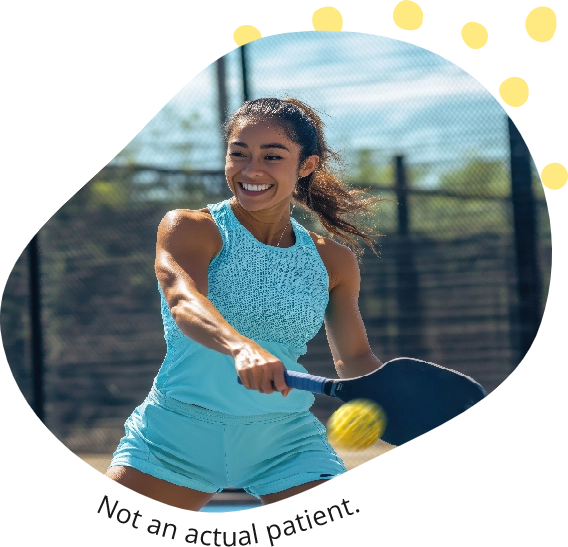
Immediate Treatment Is Critical

Anaphylaxis must be treated quickly so the reaction doesn’t get worse. A delay in using EPIPEN can be life-threatening.


Anaphylaxis must be treated quickly so the reaction doesn’t get worse. A delay in using EPIPEN can be life-threatening.